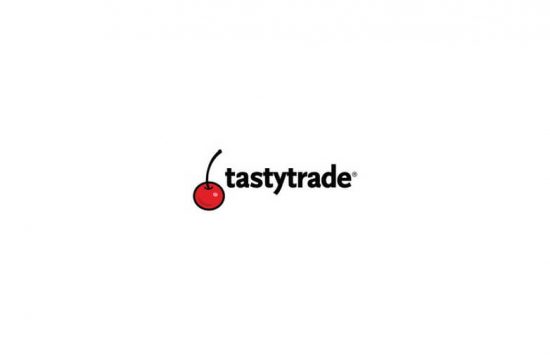A Federal Court in Australia has ordered Forex Capital Trading (Forex CT) to pay a $20 million penalty for engaging in systemic unconscionable conduct, paying conflicted remuneration to its team leaders and account managers, and failing to act in the best interests of its clients.
Shlomo Yoshai, the company’s sole director, has been ordered to pay a $400,000 penalty alongside an eight-year ban from managing corporations
The firm offered CFD trading and margin foreign exchange contracts issued by the firm but unconscionable conduct included:
– offering incentives to encourage clients to transfer more money to their Forex CT trading account, even after the client had told the account manager that they could not afford to invest more money, or were reluctant to do so;
– employing high pressure sales tactics;
– recommending inappropriate trading strategies to clients;
– making misleading or deceptive representations to clients;
– implementing and encouraging a trading floor culture that was directed towards maximising trading volume and client deposits rather than promoting a culture of compliance with applicable legal requirements;
– implementing an employee remuneration scheme and key performance indicators where account managers were rewarded and paid commissions based on net deposits (gross deposits less withdrawals) made by their clients; and
– failing to ensure compliance with financial services laws.
The court ruling follows an investigation by ASIC that found Forex CT had a trading floor culture geared towards maximizing trading volume and client deposits rather than complying with the law.
“A bell or a gong was rung when clients deposited funds of certain amounts into their trading accounts and account managers could participate in incentive ‘games’ such as ‘wheel of fortune’, roulette tables and dice games to win cash if certain client deposit targets were met”, ASIC stated.
“Forex CT had “systemic compliance deficiencies” and a culture of non-compliance’ and said that ‘the vast losses incurred by clients support the imposition of a significant pecuniary penalty”, said Judge Middleton, who noted that clients were mostly vulnerable investors with little or no trading experience.
The size of the Australian market for OTC retail derivatives has grown considerably over recent years. With that growth, there has been a dramatic increase in complaints to ASIC in relation to conduct within the OTC retail derivatives market. ASIC has and will continue to take strong regulatory action to protect consumers of these products.
In March, ASIC banned Shlomo Yoshai for 10 years for his company’s “Wolf of Wall Street” attitude. The regulator also banned former team leaders Jarrod Popuard for six years and Benjamin Esler for four-and-a-half years, and former account managers Huy Minh (Andy) Hoang for five years and Andrew Tran for three years.











